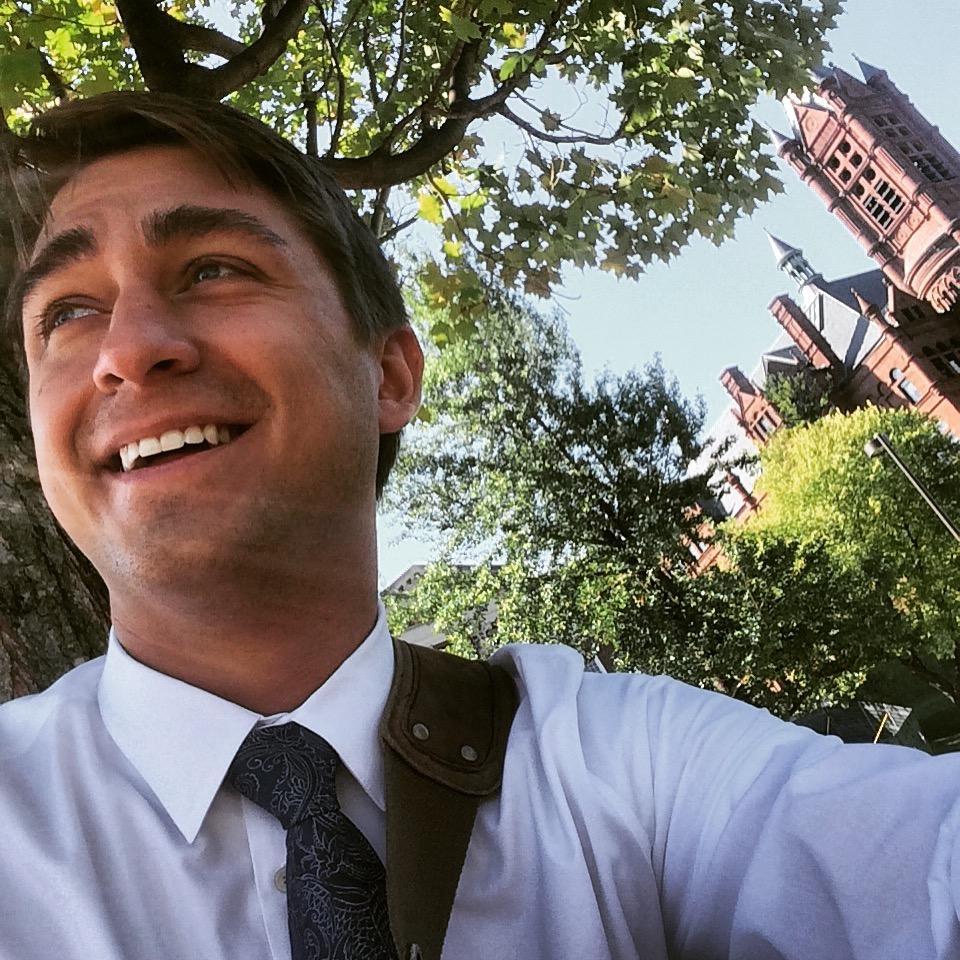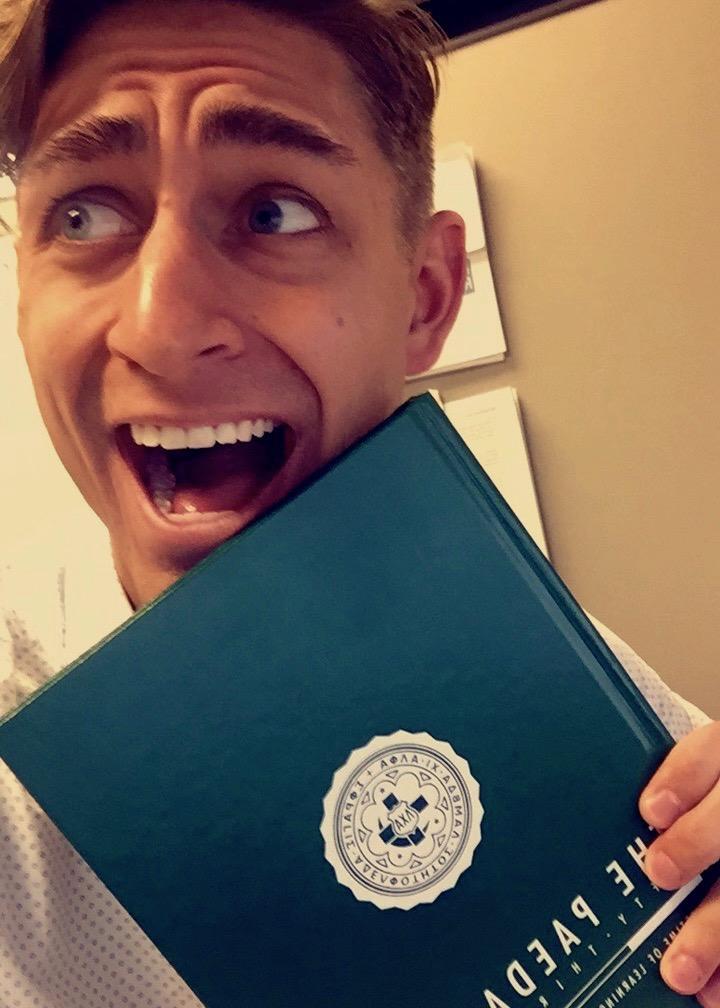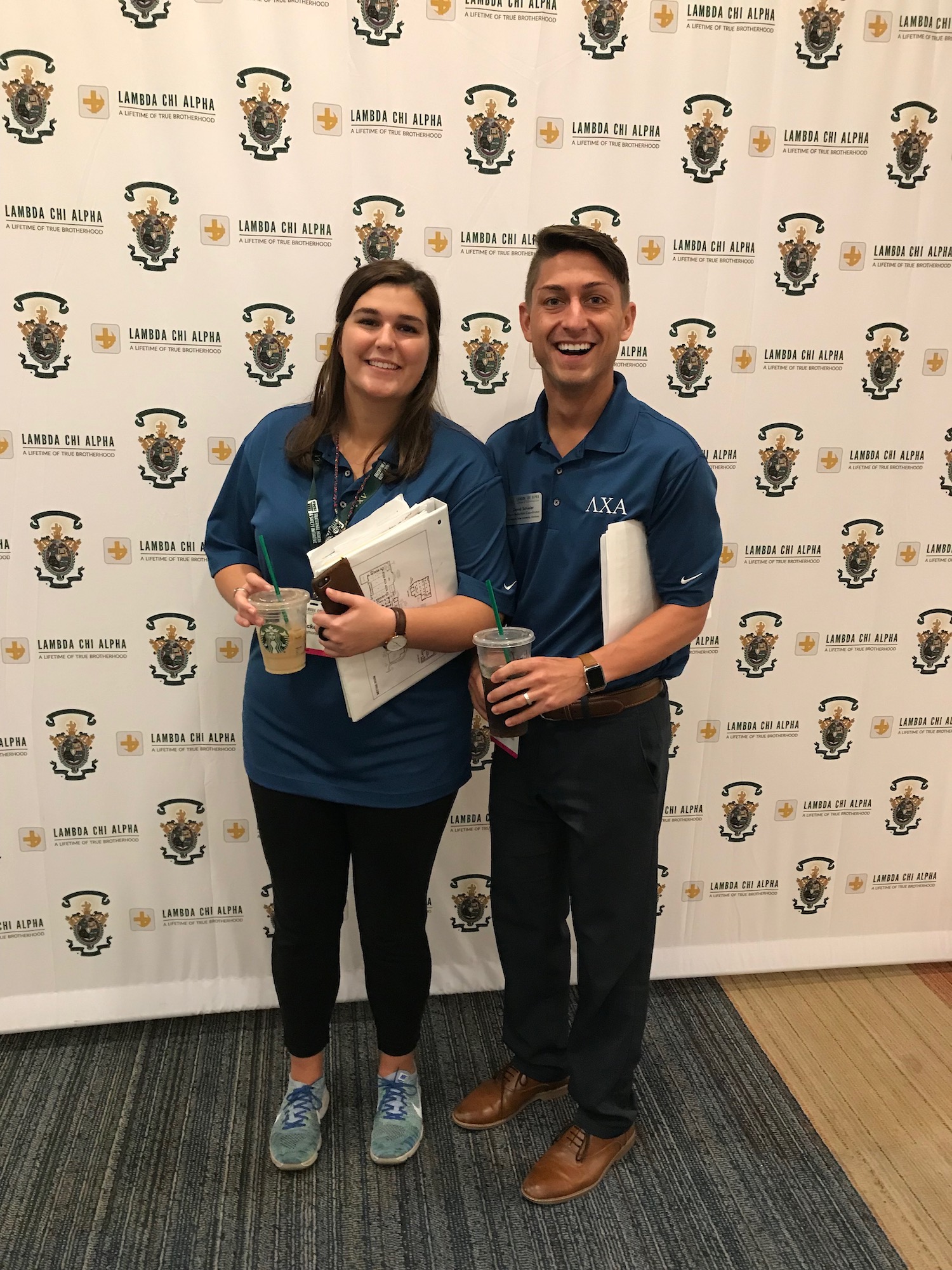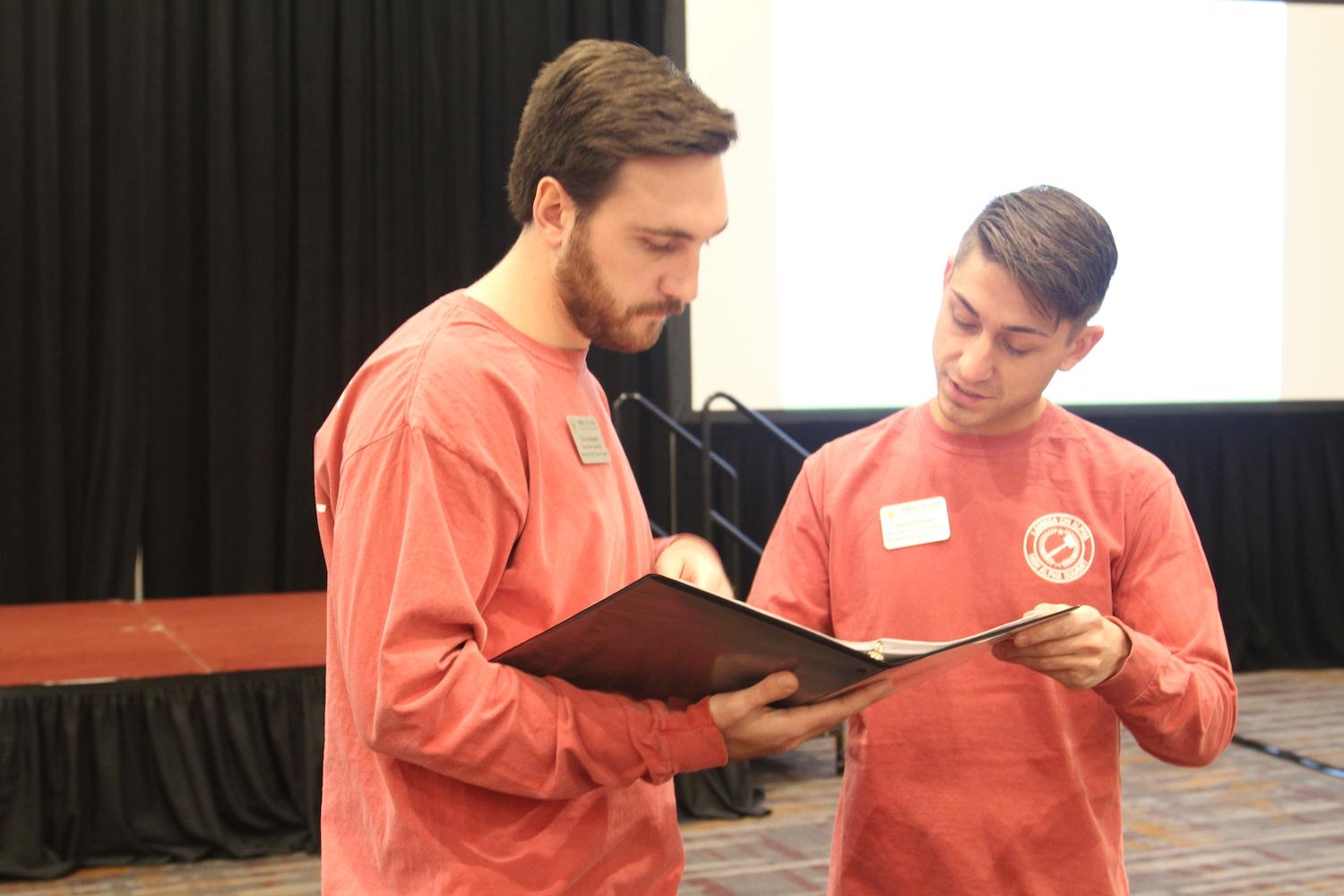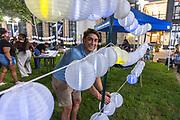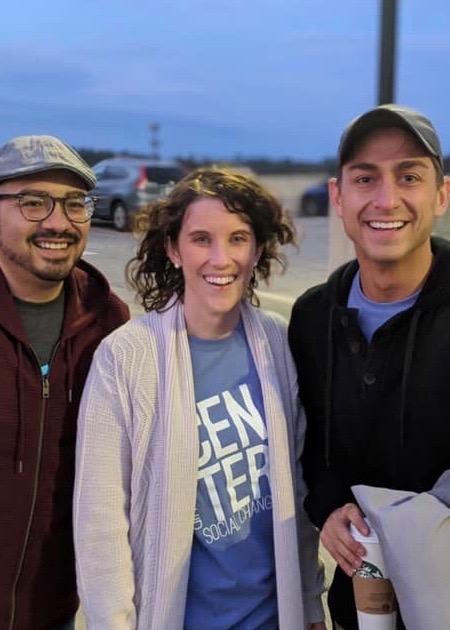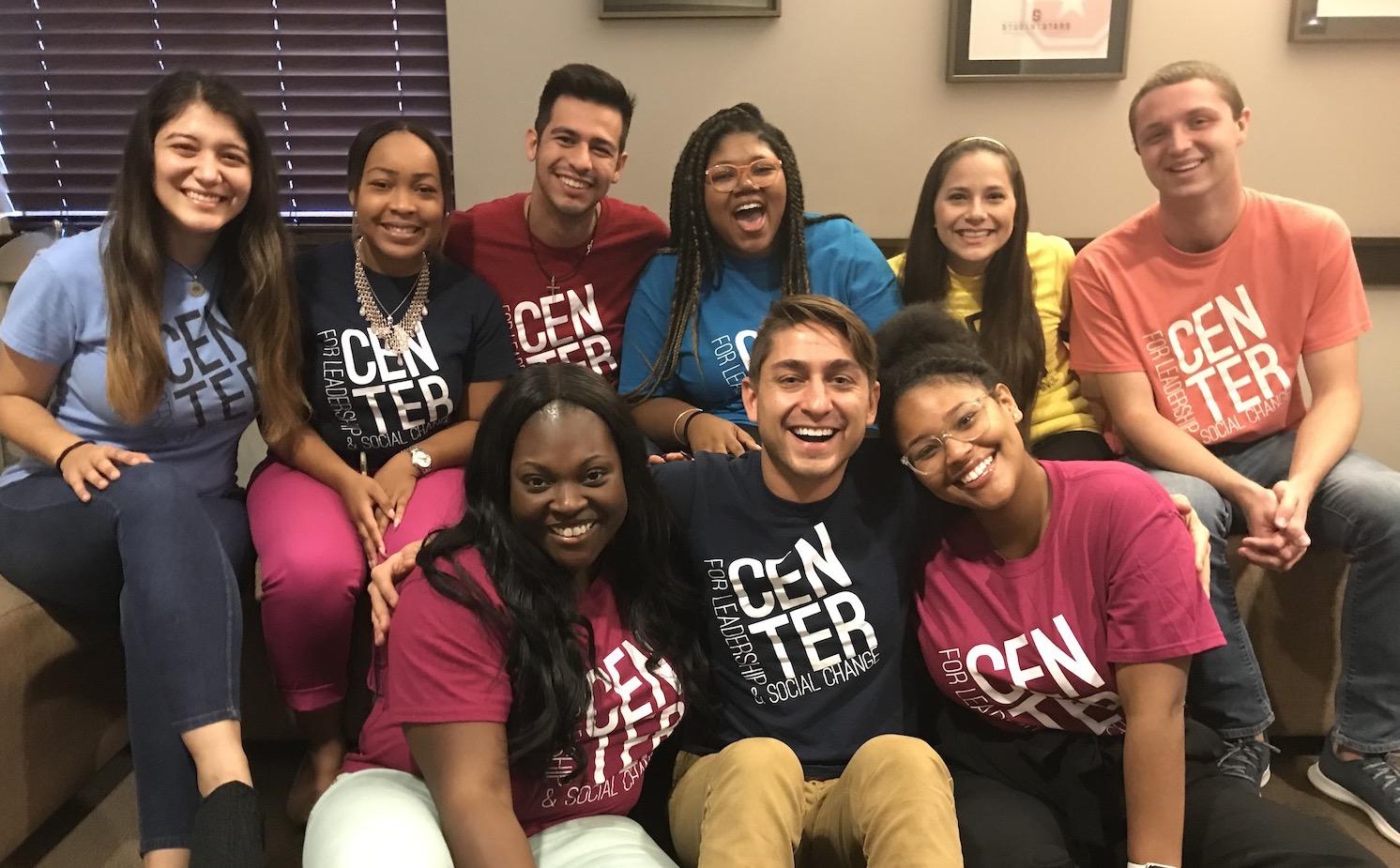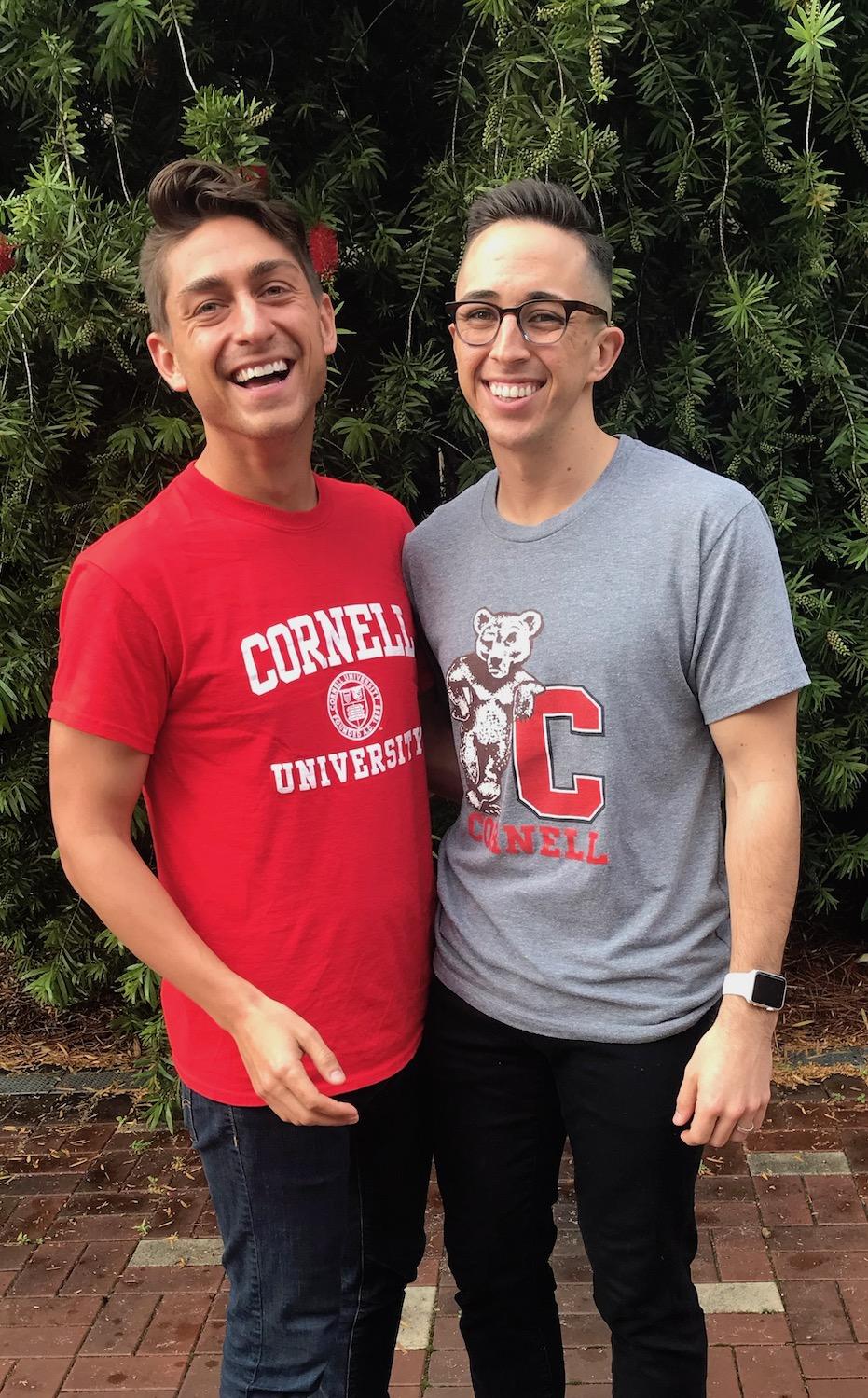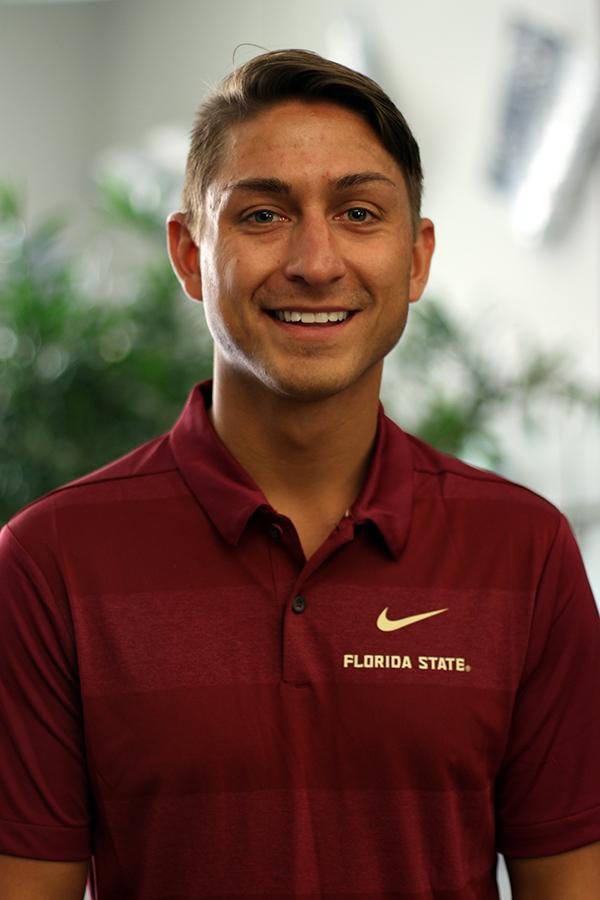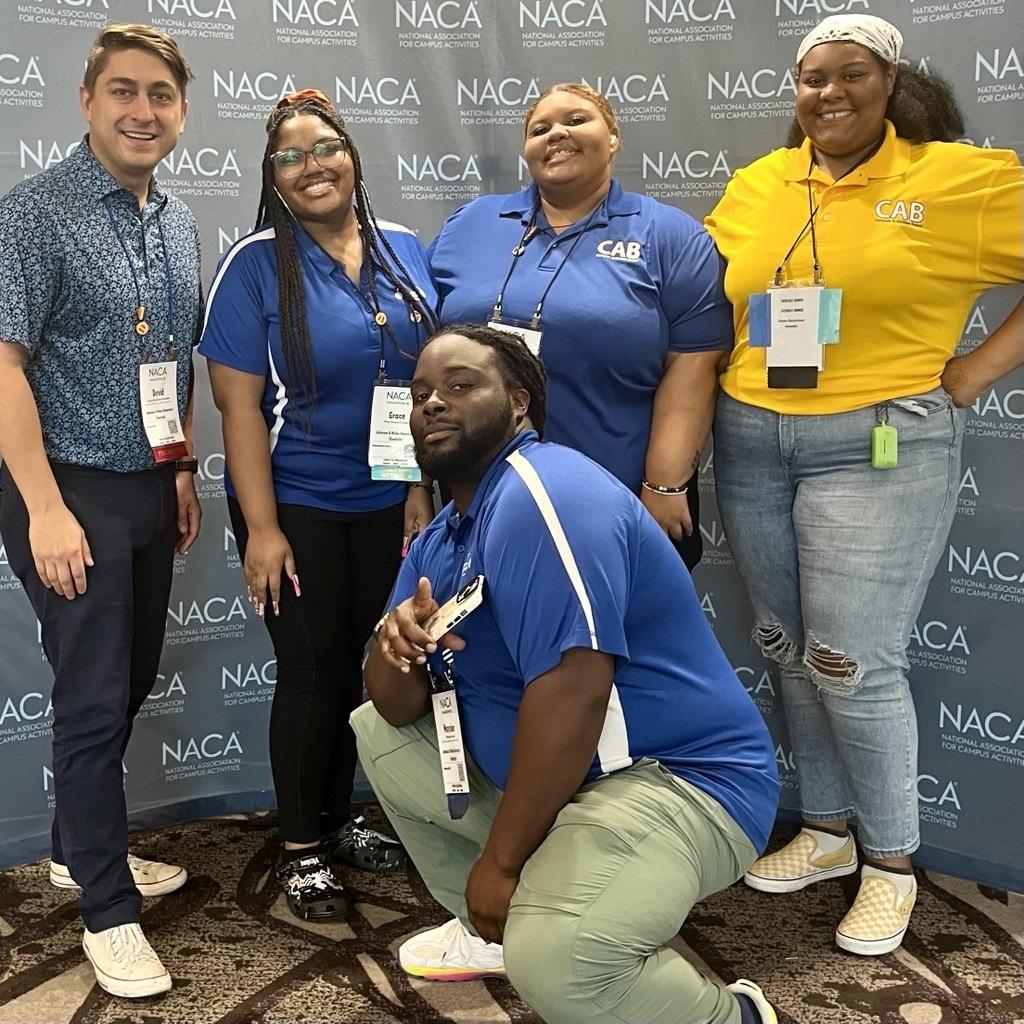About My Work.
I am not my work but my work is me, and all my previous work is my current work. It is a difficult concept to write, but I think it’s important to know that I do not view the experience of work and the things you learn from it as something you leave when you leave the position. I’ve made mistakes at work. I’ve hosted workshops and programs that did not work out. I’ve misfiled paperwork. And while I always focus on the lesson within the mistake, so that I do not make it again, I am also able to go home without wallowing in my failure. The idea of growing from mistakes, and seeking mistakes through embracing new opportunities is hopefully evident in my patchwork resume. I’ve worked in fraternity life, I’ve worked in leadership and identity (diversity and inclusion), I’ve worked in residence life, I’ve worked with service programs, and I’m currently working with broader campus student engagement and involvement. I pride myself on technical breadth and versatile depth.
- Fraternity Consultant
- Education Curriculum Specialist
- Harm Reduction Coordinator
- Graduate Assistant & Intern
- Service Leadership Coordinator
- Assistant Director, Student Engagement
- Director of Student Engagement
In 2015 I was hired as an Educational Leadership Consultant for Lambda Chi Alpha Fraternity. After almost 350 hours of operations and leadership training, I left Indianapolis and headed to the Northeast United States, where I spent the semester visiting Lambda Chi Alpha chapters at 23 colleges and universities. With two visits a week and a 20-page report due for each visit, the job was very demanding. Through all of the work however, I realized that the undergraduate member experience needed additional curricular support.
Whether it was leadership development with the chapter president, guiding mentorship-building programming with the chapter fraternity educator, or discussing harm reduction plans with the risk management chair, students were at the center of my job. And I wanted the students to have the best fraternal experience possible. It was incident investigations, difficult conversations, and too many stories of risky situations (most of which either ended well or became investigations) that told me students were NOT having the experience they thought they would when they were recruited.
Serving as a fraternity consultant taught me that even if a job is not for you there’s almost certainly something to be learned. 40 pages of reports a week, driving for sometimes hours between campuses, and living out of fraternity house basements (you were lucky if you got a hotel) was not for me – helping fraternity men see the bigger picture, that there could be a better way to accomplish our goals, was for me.
When the summer of 2016 finally arrived and I made it back to the fraternity’s Office of Administration, I arrived not as a consultant but as the Education Curriculum Specialist. The new role put me on a new team – the two person (including myself) education team. Instantly our team kicked into action planning for the international summer conference which would be half educational and half legislative. Our responsibility was to ensure there was a consistent educational message that met the needs of our undergraduates. The conference went well, but that was just the beginning.
Our next goal was to assist with the launch of a new operational reporting tool for chapters that centralized the awards process, and attempted to make operations more collaborative between chapter officers. My supervisor oversaw the creation of a guide and the messages to members and alumni regarding the shift. I suggested however that we go deeper, and rewrite the international fraternity education manual (The Paedagogus). My supervisor was supportive and encouraged me to organize a committee, serve as it’s lead editor, and begin drafting new content. The process took months. The previous 150 page manual grew with almost entirely new content and in-part organized around the operational shift to 186 pages. Most critically, based off my experiences as a consultant, the new manual made explicitly clear that it was to be used over the course of a membership (a lifetime), rather than a new member period.
I enjoyed my time as Education Curriculum Specialist. The role allowed me to mentally challenge myself to the benefit of our members. It taught me how to make sense of international demographic data and its year-over-year changes, so that relevant educational interventions could be launched. But, not all stories have a happy ending. As time progressed I became discouraged by the cyncism that crept into the office. It seemed as if, to some, no matter how hard we worked, our efforts would not bear fruit. So I left.
Unfortunately, I also learned the hard lesson about leaving a job without a backup plan, and I transitioned to being a Starbucks barista just blocks from a friend’s apartment (who also let me move in).
Life as a Starbucks barista had its perks (free coffee, a predictable schedule – working nights, and the most exciting customers), but at the same time changes were taking place at Lambda Chi Alpha’s Office of Administration. After just three months away, I received an offer to return to work. The only difference, the education team had been merged into the harm reduction and risk management team. The “new” team would be focused on educating members on best practices related to event planning and safety. Gladly, I went back to work as the Harm Reduction Coordinator.
The role was more concrete and task oriented than the previous role. As Harm Reduction Coordinator I oversaw the international event planning form platform. I also worked with our insurance company to review event contracts and request special event certificates of insurance. Very excitingly, I managed the first new member launch of EverFi online learning.
As the role continued into 2018, another international conference year. My tasks changed yet again. This time I returned to planning an educational curriculum for the conference. Taking a note from my previous role, we developed 20 new 75-minute workshops focused on the ten areas contained in the earlier operations reorganization. We then used chapter’s previous self-submitted reports to assign their attendees to the areas where they had the greatest opportunity for growth.
I think would have stayed as the Harm Reduction Coordinator, but the offer that brought me back also contained an ultimatum – that I would go to graduate school for student affairs by the fall of 2018. And the day after the 2018 summer conference, I packed a trailer and began the drive to Florida.
Higher Education is strange. I doubt that will shock anyone who is reading this. Even the way you get a graduate assistantship seems strange upon review. I flew into Tallahassee, Florida (in February) and for a day and a half had nine interviews with different campus offices. After the interviews I ranked the available positions and the offices ranked the candidates. Then, not unlike sorority recruitment, a matching process was conducted. However, as with recruitment, not everyone is placed. In these cases, offices can extend offers or new interviews to people in “the pool.” And while it’s often said the pool is not a bad thing, let’s just own that the pool is a stressful place to be. I would know, I was in the pool. But, unbeknownst to me, while I sat waiting a candidate in my dream office was turning down an offer, thus sending my dream office to the pool. I try not to believe in luck, or even in fate, but this time it had really worked out.
I was assigned to the Leadership and Identity Team within the Center for Leadership & Social Change. This meant that I would be working with the faculty and staff Diversity & Inclusion professional development certificate series, partnered student organizations, and Florida State Alternative Breaks.
The learning curve was steep. I had very little direct experience with any of these programs. I read everything I could get my hands on. I asked a thousand questions. And then once I had even a little grasp, I turned to action. Everything I had learned in my previous roles informed my practice, which was growing every day. The students were incredible and they helped me see the importance of taking a culturally relevant approach to leadership. I was even asked to serve as a trip advisor for two alternative breaks (one over MLK Jr. holiday weekend and one over Spring Break). They were transformative experiences.
Then the spring semester ended and we launched into summer. Well, just like the year before I spent January and February searching, applying, and interviewing for positions across the country. Again, by random chance, I secured an internship as a Residence Director at Cornell University alongside my partner in a very similar role. During the summer I managed the day-to-day activities of Clara Dickson Hall, the largest residence hall in the Ivy League, while also supervising the conduct of just under 500 high school students for 6 weeks.
As the summer ended, we drove back to Tallahassee, Florida with yet a new plan ahead of us.
My year as a graduate assistant had been an exciting one. I had learned a lot. I became passionate about community engagement and culturally relevant leadership. My relationship with students was fulfilling and the Center for Leadership & Social Change had easily been identified as a place where I could see myself. So, when a position became available to work with service leadership programs, including Florida State Alternative Breaks, I took a chance and applied for it. I got the virtual interview, I got the on campus interview, and then while driving from Cornell to Florida State I got a phone call, I had gotten the job.
The learning curve continued. I kept reading and asking questions. I even presented a workshop at a national professional staff development summit for alternative break coordinators. Beyond alternative breaks, the role also worked with Service Scholars, a four-year scholarship program that integrates a service commitment into academic studies, the Service Leadership Seminar, a week-long service learning program for first year students the week before fall move-in, and the President’s Humanitarian of the Year Award, a university-wide service recognition program.
While the coronavirus made service leadership challenging, balancing the public health considerations and community service needs, it also inspired incredible re-envisioning. I got to lead virtual book clubs (Freedom is a Constant Struggle, and Teaching to Transgress), helped organize a three week virtual conference (Social Change Symposium), and even launched an asynchronous service leadership development video learning series (over 6hr of video content)!
I loved my time at Florida State and the Center for Leadership & Social Change. Much like my time as the Harm Reduction Coordinator, I could have seen myself staying. But, as the pandemic shifted, past the Omicron variant, we came to the realization that we were ready for our next step.
Following my spouse to Charlotte, North Carolina, I found a fitting role as the Assistant Director of Student Engagement at Johnson & Wales University. It was a significant shift in my professional career — moving from 40k students to just over 1k; moving from a public R1-D1 state school to a private professional (culinary/hospitality) school; moving from a specialized department focused on leadership, community engagement, and student equity, to a division without specialized departments.
Thankfully, this more generalist role allowed me greater space to spread my higher education wings. My role also allowed me greater budgetary and programmatic control, while also supervising both a professional staff member and several student employees. The real opportunity however, came just after the interview, when I learned that my new supervisor (the Director of Student Engagement) was also new to the institution – just a few months ahead of me. The chance we were given to entirely rebuild the department was not lost on us. In our first fall semester we exceeded pre-pandemic welcome week and family weekend participation rates, established six new student organizations, and relaunched a leader development program. I also personally helped reconnect our Campus Activities Board to the National Association of Campus Activities, after nearly a decade of separation.
After a year and a half of dedicated effort as Assistant Director of Student Engagement, and after the promotion of my supervisor, I received a promotion to Director of Student Engagement.
After a year and a half as Assistant Director of Student Engagement at Johnson & Wales, I was promoted to Director. As Director I set upon developing a cohesive departmental strategy, centered around four priorities – Foundations, Connections, Membership, and Belonging – summarized in three words, which quickly became the department’s motto: Connect. Join. Belong.
Finishing up the 2023-2024 academic year, the department had supported 648 events, generating an estimated 19,088 attendance records (all on a campus of 1,140 students); By the end of the 2024-2025 year (my first year as Director) those numbers had increased to 966 events and 22,658 attendance records (now on a campus of 1,184 students).
This is not to suggest that I accomplished those feats alone. No. However, I supported a team of two full-time professional who worked together to accomplish them.
In addition to overseeing strategy, and professional staff support, I learned much about financial stewardship as Director — overseeing the annual spending of ~$150,000.00 in Student Activity Fee funds, as well as the budgeting of ~$100,000.00 in university-held, student-fundraised, student organiation funds.
I thoroughly enjoyed serving as Director, but, life had other plans. And in the summer of 2025 I received a job offer from the University of Colorado, Colorado Springs to become the Associate Director of Student Life & Leadership, managing their student organization program.

